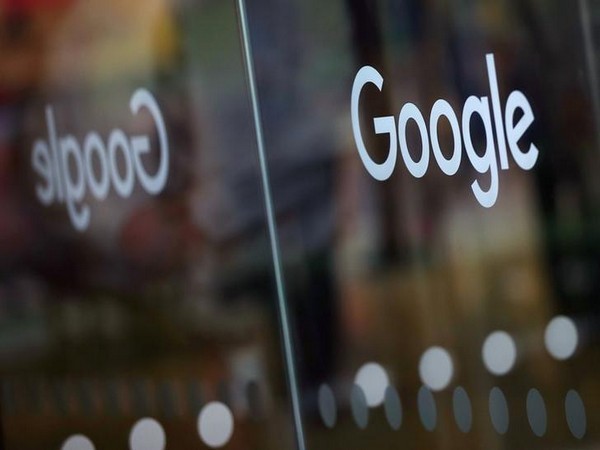
Washington: Google has announced an expansion of the list of personal content that it's planning to remove from search results to cover things like physical address, phone number, passwords, credit card numbers, bank account IDs, or photos of your handwritten signatures.
Google is also planning to remove things like 'non-consensual explicit or intimate personal images,' pornographic deepfakes, or links to sites with 'exploitative removal practices.' As per reports from The Verge, Google is providing the new options because 'the internet is always evolving' and its search engine giving out your phone number or home address can be quite dangerous.
Here's a list of the kind of information Google has promised to remove.
Confidential government identification (ID) numbers like U.S. Social Security Number, Argentine Single Tax Identification Number, etc.
Bank account numbers
Credit card numbers
Images of handwritten signatures
Images of ID docs
Highly personal, restricted, and official records, like medical records (used to read "Confidential personal medical records")
Personal contact info (physical addresses, phone numbers, and email addresses)
Confidential login credentials
In case you spot your email, phone number, address or log-in credentials in Search results, you can visit Google's official removal request form at the link, to continue with the process of removing your personal information from the search results page.
On being asked about the new policy's applications, Google spokesperson Ned Adriance told The Verge, "If we can verify that such links contain personally identifiable information, there is no other content on the webpage that may be of public interest, and we receive a request to remove those URLs, we will do so, assuming they meet our requirements outlined in the help page; whether or not the information is behind a paywall," he said in an email.
After previously ensuring the right to remove photos of minors from Google Search last October, Google has been making efforts in amending its policies to make Search results a safer place for people around the world.